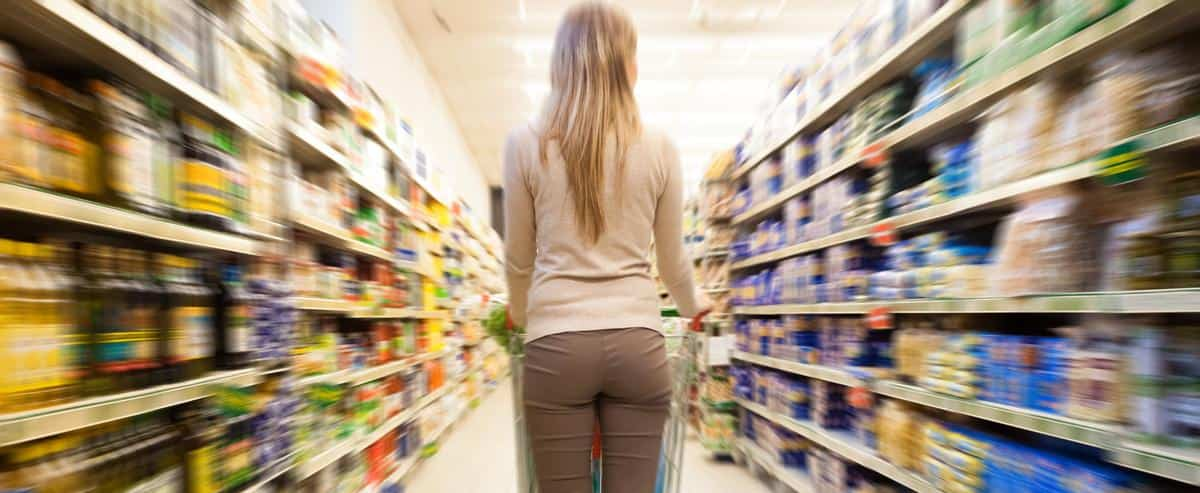Inflation in Quebec has increased by 14.9% since February 2021, the month in which a series of easing of COVID-19-related health measures came into effect across all regions of Quebec.
During the same two-and-a-half-year period, from February 2021 to August 2023, the average salary of all full-time workers in Quebec increased only 9.8%, or 5.1 percentage points less than the rate of inflation. This suggests that we are so very “impoverished” overall.
Another important observation I would like to highlight from my analysis of data reported by Statistics Canada: Here, in our “Belle Province,” the consumer price index has risen the most among Canada’s seven largest provinces.
We are well “ahead of British Columbia” (13.8%) by 1.1 percentage points, Alberta (13.9%) by 1 percentage point and Ontario (14%) by 9/10ths of a percentage point.
HOUSING
Of all consumer spending, it is obviously the area of “housing” that puts the greatest strain on households’ wallets. In Statistics Canada’s Consumer Price Index basket, residential real estate accounts for 28.34% of the total basket.
From February 2021 to August 2023, housing construction in Quebec was affected by an inflation rate of 16.7%. While rental households suffered a 12.7% increase in inflation, owners’ wallets were hit by aggressive inflation of 18.9%.
In the housing sector, the biggest victims of inflation include tenants who have been forced to relocate. Since these tenants were not protected by the Régie du Logement’s rent control law, their rents rose significantly above average.
Other victims falling into the inflation trap: homeowners who have extended their mortgage in the last two years. Mortgage interest costs skyrocketed due to the sharp rise in mortgage interest rates following the Bank of Canada’s 37% interest rate hike.
While the electricity bill was limited to an increase of 7% in 2.5 years thanks to our Hydro-Québec, that of natural gas would increase by 32% and that of heating oil by 61%.
There is also a 20% increase in home contents and mortgage insurance and an 18.5% increase in property maintenance and repair costs.
SHOPPING VENTURE
Of all the components of the consumer price index basket, food takes second place with a share of 16.65%.
How much have they increased in the last 2.5 years? In Quebec the increase is 19.9%, 9/10 of a percentage point higher than in Ontario and in all provinces.
The largest increases were seen in the following food groups:
- Butter: 38.6%
- Cereal products: 31.7%
- Fresh or frozen beef: 30%
- Baked goods: 21%
- Cheese: 20.4%
- Fresh or frozen chicken: 20.1%
- Fish: 19.7%
However, the lowest price increases were recorded for the following foods:
- Fresh or frozen pork: 1.3%
- Fresh vegetables: 3.5%
- Fresh milk: 8.1%
PETROL
So what about the third largest component of the consumer price index basket, namely traffic, whose weight in the basket is 16.44%?
Inflation in this component has risen solidly by 19.6% since February 2021.
However, the gasoline subcomponent in Quebec stands out, with a spectacular increase of 51% in 2.5 years, exceeding by several percentage points the increases recorded in Ontario (42.6%) and the country as a whole (44.6%) .
CONSUMER PRICE INDEX
Increase recorded in Quebec
From February 2021 to August 2023
- Eat 19.9%
- Accommodation 16.4%
- Furniture, equipment 7.3%
- Clothing shoes 1.5%
- transport 19.6%
- beings 51.0%
- Personal care, health 12.9%
- Leisure, training, reading 13.2%
- Alcohol, tobacco, cannabis 14.0%
- energy 33.1%
- Were 15.6%
- Services 14.0%
- Index set 14.9%


